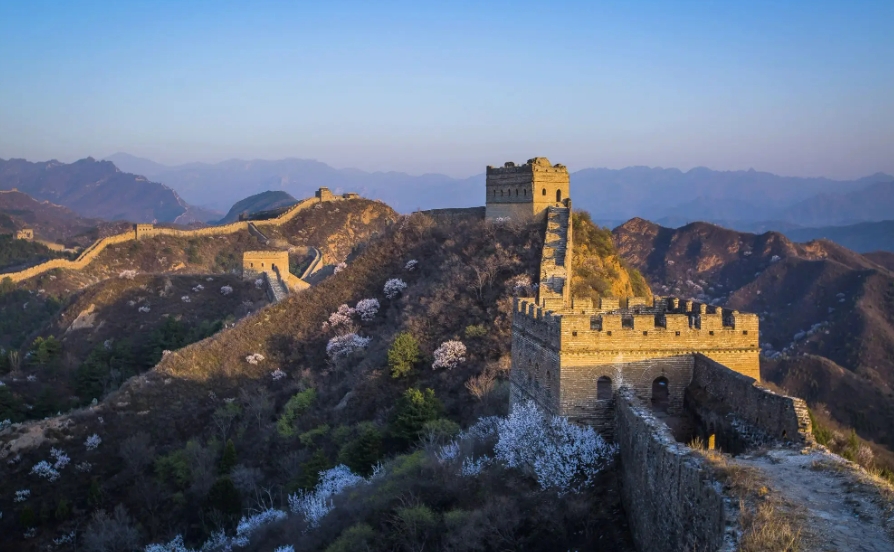
Is It Expensive to Visit the Great Wall of China?
The Great Wall of China, a UNESCO World Heritage site and one of the most iconic landmarks in the world, draws millions of visitors every year. But how much does it actually cost to experience this historical marvel?
The answer depends largely on your travel style and preferences.
Guided Tours:
For a hassle-free experience, many travelers opt for guided tours. These typically include transportation, entrance fees, and sometimes lunch. A typical day trip to the Great Wall from Beijing will cost you between CNY 500 - 1,000 (USD 75 - 150) per person.
Here's a breakdown of potential costs:
- Transportation: This is often the biggest expense, especially if you choose a private car or join a small group tour. Expect to pay more for pick-up and drop-off directly from your hotel.
- Entrance Fees: The entrance fee varies depending on the section of the Wall you visit. Popular sections like Badaling and Mutianyu cost around CNY 40-60 (USD 6-9) per person.
- Cable Cars and Toboggan Rides: These optional extras can add to your expenses, typically costing around CNY 80-150 (USD 12-22) per person for a round-trip.
- Lunch: Some tours include a simple Chinese lunch in the price, while others leave you to purchase food independently.
Self-Guided Tours:
For the budget-conscious traveler, exploring the Great Wall independently can be significantly cheaper. By utilizing public transportation and skipping the optional extras, you can have a fulfilling experience for a fraction of the cost. A self-guided tour can be as affordable as CNY 200 - 300 (USD 20-50) per person.
Here's a breakdown of potential costs:
- Public Transportation: Buses from central Beijing to sections like Badaling and Mutianyu are extremely affordable, costing around CNY 12-20 (USD 2-3) each way.
- Entrance Fees: As mentioned earlier, expect to pay around CNY 40-60 (USD 6-9) per person depending on the section you choose.
- Food and Drinks: Pack your own snacks and water to save money, as options available at the Wall can be pricier.
Tips for Saving Money:
- Visit during the off-season: Prices for tours and accommodation tend to be lower during the shoulder seasons (spring and fall) and winter months.
- Choose a less popular section: While Badaling and Mutianyu are impressive, they are also the most crowded and expensive. Consider visiting less-visited sections like Jinshanling, Simatai, or Gubeikou for a more rugged and affordable experience.
- Hike instead of taking cable cars: Challenge yourself with a hike to the top and enjoy stunning views along the way. This will also save you money on cable car fees.
- Bring your own food and water: Save money on overpriced tourist snacks by packing your own lunch and plenty of water.
In conclusion:
Visiting the Great Wall of China doesn't have to break the bank. With a bit of planning and budgeting, you can experience this historical wonder without exceeding your travel budget. Whether you choose a guided tour for convenience or embark on a self-guided adventure, the memories of walking the Great Wall will last a lifetime.
FAQ
1. What is the best time to visit the Great Wall for good weather?
The best time to visit the Great Wall is during spring (April-May) and autumn (September-October) for pleasant weather and fewer crowds. Summer can be hot and humid, while winter offers a unique snowy landscape but can be very cold.
2. Which section of the Great Wall is best to visit?
The best section for you depends on your preferences. Badaling is the most popular and restored, Mutianyu offers stunning scenery and activities, while Jinshanling and Simatai appeal to hikers seeking a more rugged experience.
3. How long should I spend at the Great Wall?
Plan to spend at least half a day at the Great Wall, allowing ample time for exploration and photo opportunities. If you choose to hike a significant portion of the wall, consider dedicating a full day to your visit.